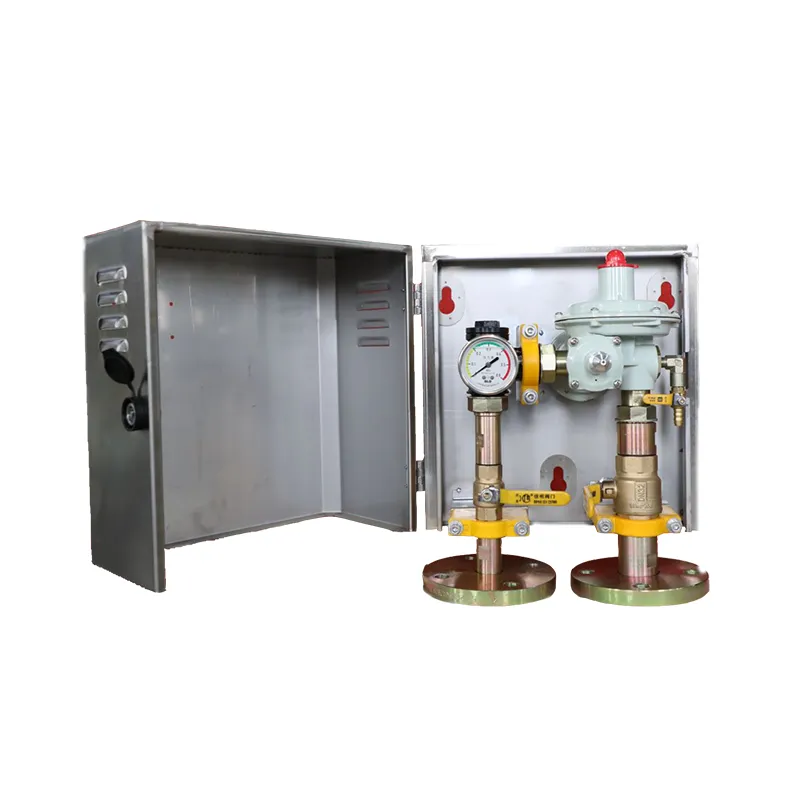
Dec . 19, 2024 18:12
Back to list
gasifier
The Gasifier An Innovative Solution for Sustainable Energy
As the world grapples with the challenges of climate change, resource depletion, and the need for sustainable energy solutions, the gasifier has emerged as a promising technology. This innovative device converts biomass and other organic materials into gas, providing a cleaner and more efficient alternative to traditional fossil fuels. This article explores the principle of gasification, its applications, benefits, and the potential role it plays in achieving energy sustainability.
Understanding Gasification
Gasification is a thermochemical process that converts carbon-based materials into synthetic gas or “syngas.” This process occurs in a controlled environment with limited oxygen, enabling the breakdown of organic materials at high temperatures—usually between 700°C and 1,200°C. The main components of syngas are hydrogen (H2), carbon monoxide (CO), and small amounts of methane (CH4) and carbon dioxide (CO2). The composition of syngas depends on the feedstock used, the gasification technology applied, and the operational conditions of the gasifier.
Applications of Gasification
The versatility of gasification allows for a wide range of applications. One of the primary uses of the syngas produced is for electricity generation. Power plants equipped with gasifiers can convert syngas into electricity with higher efficiency than traditional combustion processes. Additionally, syngas can be transformed into liquid fuels through processes such as the Fischer-Tropsch synthesis, providing an alternative to petroleum-derived fuels. This potential for fuel production is particularly significant as nations strive to reduce their reliance on imported fuels.
Gasification has also found applications in the field of waste management. Organic waste, such as agricultural residues, municipal solid waste, and industrial by-products, can be converted into energy, reducing the environmental impact associated with landfills and incineration. By employing gasification technologies, communities can effectively manage waste while generating local energy and reducing greenhouse gas emissions.
Benefits of Gasification
gasifier

The gasifier presents numerous benefits that make it an attractive option in the quest for sustainable energy. One significant advantage is its ability to utilize a variety of feedstocks, including non-food crops, agricultural residues, and waste materials. This flexibility helps in reducing competition for food resources and promotes the use of waste as a valuable resource.
Environmentally, gasification is a more sustainable energy option compared to traditional fossil fuel combustion. The process produces fewer greenhouse gas emissions and pollutants, such as sulfur dioxide (SO2) and nitrogen oxides (NOx). The renewable nature of biomass feedstock further enhances its appeal, as it can be replenished sustainably, drawing less from finite natural resources.
Moreover, gasification contributes to energy security by diversifying the energy supply. By enabling the use of locally available feedstocks, communities and countries can reduce their dependence on imported fossil fuels, thus enhancing energy resilience.
Challenges and Future Perspectives
Despite its numerous advantages, gasification is not without challenges. One main hurdle is the initial capital investment required for gasification facilities, which can be high. Additionally, optimizing the gasification process for different feedstocks and varying operating conditions remains a technical challenge that requires ongoing research and development.
Nevertheless, advancements in gasification technology are steadily addressing these challenges. The development of smaller, modular gasifiers is making the technology more accessible to small communities and rural areas. Moreover, integrating gasification with other renewable energy technologies, such as solar and wind, holds promise for creating hybrid systems that enhance energy output and reliability.
Conclusion
In conclusion, the gasifier represents a transformative technology in the arena of sustainable energy. By converting biomass and organic waste into valuable syngas, it presents multifaceted benefits ranging from waste management to energy generation. As further innovations make gasification more economically viable and accessible, this technology has the potential to play a significant role in the global transition towards a more sustainable energy future, contributing to environmental preservation and energy security for generations to come.
Next:
Latest news
-
Safety Valve Spring-Loaded Design Overpressure ProtectionNewsJul.25,2025
-
Precision Voltage Regulator AC5 Accuracy Grade PerformanceNewsJul.25,2025
-
Natural Gas Pressure Regulating Skid Industrial Pipeline ApplicationsNewsJul.25,2025
-
Natural Gas Filter Stainless Steel Mesh Element DesignNewsJul.25,2025
-
Gas Pressure Regulator Valve Direct-Acting Spring-Loaded DesignNewsJul.25,2025
-
Decompression Equipment Multi-Stage Heat Exchange System DesignNewsJul.25,2025

